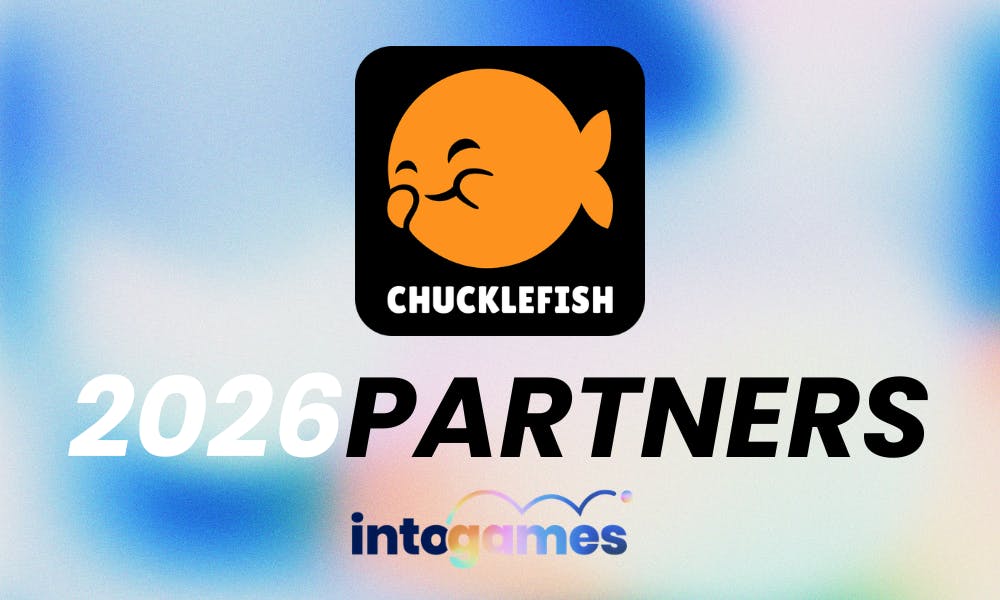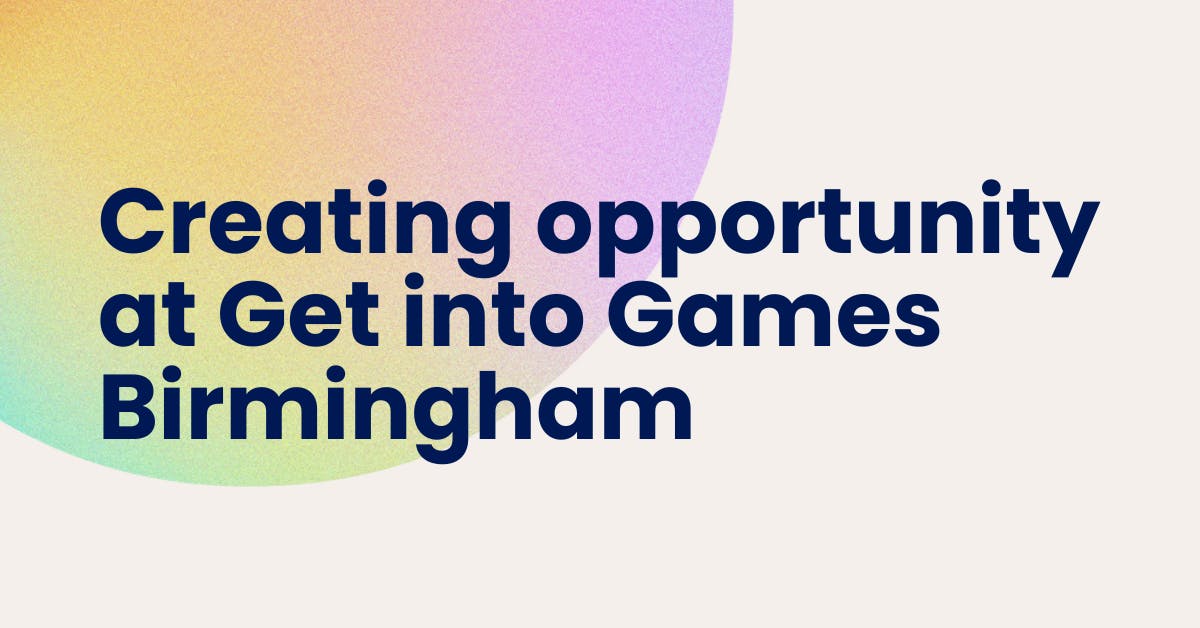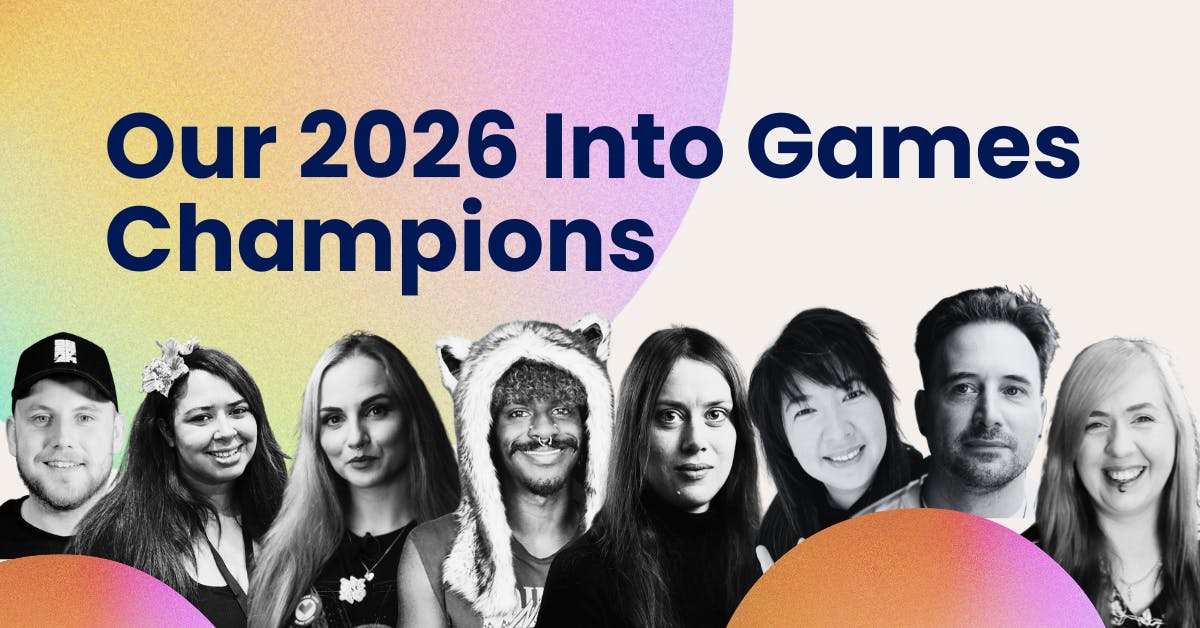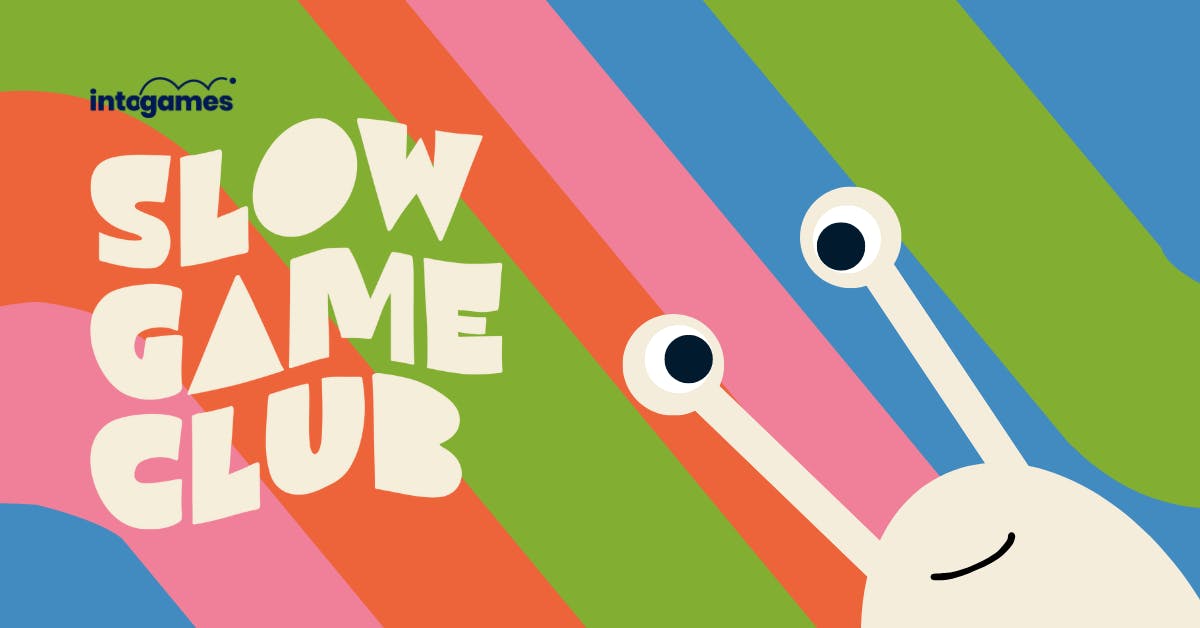
28 May 2020
What does a Producer in games do?

Bruna Silva, kick-started her career by studying digital animation and design and development of video games. Today she is a producer at Marmalade Game Studio, helping to release big title digital board games including Monopoly, Cluedo and Battleship. We asked Bruna, some key questions about getting into the games sector.
Explain your role like I'm 5 years old
The role of a producer differs from company to company, depending on the needs. Here, at Marmalade Game Studio, I'm responsible for managing the team and game projects from the concept phase until completion. I plan and organize the team's workflow. I coordinate and supervise our projects, making sure that the team hits the deadlines, and I resolve issues that might compromise the quality of the product. I also take care of releases and submissions of the game to the stores.
Take us through your average day at work
Every day is a little different. It can change depending on what is happening in the project and its needs. In general, I start the day by checking relevant e-mails or messages and dealing with any issues that need urgent attention. Next, I run the stand-up meeting, where all the team members share what they are doing for the day, and if they have any issues that need to be addressed. I also use this meeting to share any important updates the team should be aware of.
After that, the days can be different. Once a week, I have planning meetings with the various teams- design, art, code and QA - to plan their week and check the progress of their work as well as review new features. I make sure to test the games often to monitor their progress and state. Frequently I present projects, receive briefs and report any issues with the projects and team to the CEO and COO. I regularly check user reviews and the game's performance. And when there is a new update or release, I do all the preparations to make the game available on the various game stores.
In conclusion, a producer's main task is to make sure everything is running as it is supposed to be and support the team and project in everything that it needs.
What was your educational and career journey into your current role?
I studied Digital Animation, where I had the first introduction to game development. After that, I took a master’s degree in Design and Development of Video Games, and I started working as a game designer while finishing my studies. After spending some time working as a game designer, I started being a producer in my previous company as well. I did both roles for a while, ending up focusing mostly on production. After I left that company, I did some narrative design jobs, and then I decided to focus on game production, which is when I joined Marmalade Game Studio.
What is the most rewarding thing about your role?
I love being able to work with all the different teams in the company. There's always a lot to learn from different areas. It's also great to be part of the projects from the beginning - it's rewarding to see the project come to life and grow, as well as the team and myself, we're also developing together to make the best product possible.
What other roles do you work with the most?
I work closely with everyone on the team, but the people I work with the most are the team leads.
What's the most challenging thing about your role?
Since there are a lot of different tasks to do, it can be challenging to focus on one thing. It's also a role that connects all the different areas of the team, and one of the challenges can be to make sure that everyone is on the same page about the project.
What software or digital tools do you use the most?
I use Excel and Omniplan for planning, HacknPlan for task management, Jira for bug reports, and Powerpoint or Keynote for presentations.
What are the key skills needed for you to work on to do your role?
Communication, organization and management are the core skills you need to be a great producer.
What advice would you give to your younger self looking to get started in the industry?
When I decided to enter the games industry, I applied for many jobs and even started a few projects without any luck; this made me question myself and my chosen career path. When I did finally get my first job in games, it was challenging at times. Especially being a woman in an industry where there are still so much more men.
I felt that I had to prove myself more than others. So I would say to my younger self to be confident in my skills, to not put so much pressure on myself and try not to rush things so much. And mostly to enjoy the beginning and have more fun in the process, working in what you love is always very rewarding when you have the right mindset.
Stay up to date
It's time to level up your inbox
Pick which newsletters you're interested in receiving, and customise further by specifying a discipline.
Join our mailing listTell me more






